Oil cleansers have gained popularity in recent years as a gentle yet effective way to cleanse the skin. However, there’s a growing concern among skincare enthusiasts: are oil cleansers truly effective at removing sebum from the face?
The Oil-Attracts-Oil Principle:
The basic premise behind oil cleansers is the “like dissolves like” principle. In theory, the oils in the cleanser should attract and dissolve the oils on your skin, including sebum and oil-based impurities. This should then be rinsed away, leaving your skin clean.
The Sebum Dilemma:
While oil cleansers are effective at removing makeup and surface-level oils, they may not be as efficient at deep-cleaning pores and removing excess sebum. Here’s why:
- Sebum Composition: Sebum is a complex mixture of lipids, including triglycerides, wax esters, and squalene. Not all oil cleansers are equally effective at breaking down all these components.
- Pore Penetration: Oil cleansers primarily work on the surface of the skin. They may not penetrate deep enough into the pores to effectively remove built-up sebum.
- Residue Concerns: If not properly emulsified and rinsed, oil cleansers can leave a residue that may trap sebum and other impurities, potentially leading to clogged pores.
- Skin Type Mismatch: For those with oily or acne-prone skin, oil cleansers alone may not be sufficient to control excess sebum production.
Alternative Approaches:
For those concerned about sebum buildup, consider:
- Double Cleansing: Follow your oil cleanser with a gentle, water-based cleanser to ensure thorough cleansing.
- Incorporating Salicylic Acid: This beta-hydroxy acid can penetrate pores and help dissolve excess sebum.
- Clay Masks: Occasional use of clay masks can help absorb excess oils and deep-clean pores.
- Balancing Skincare: Use products that help regulate sebum production without stripping the skin.
Conclusion:
While oil cleansers have their place in a skincare routine, they may not be the ultimate solution for sebum control. Understanding your skin’s needs and potentially combining different cleansing methods can lead to more effective sebum management and overall skin health.
Remember, everyone’s skin is unique. What works for one person may not work for another. If you’re concerned about sebum buildup or the effectiveness of your cleansing routine, consider consulting with a dermatologist for personalized advice.
This post contains affiliate links to products. We may receive a commission for purchases made through these links.
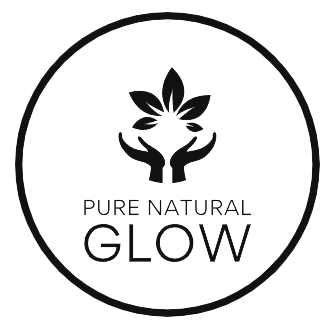
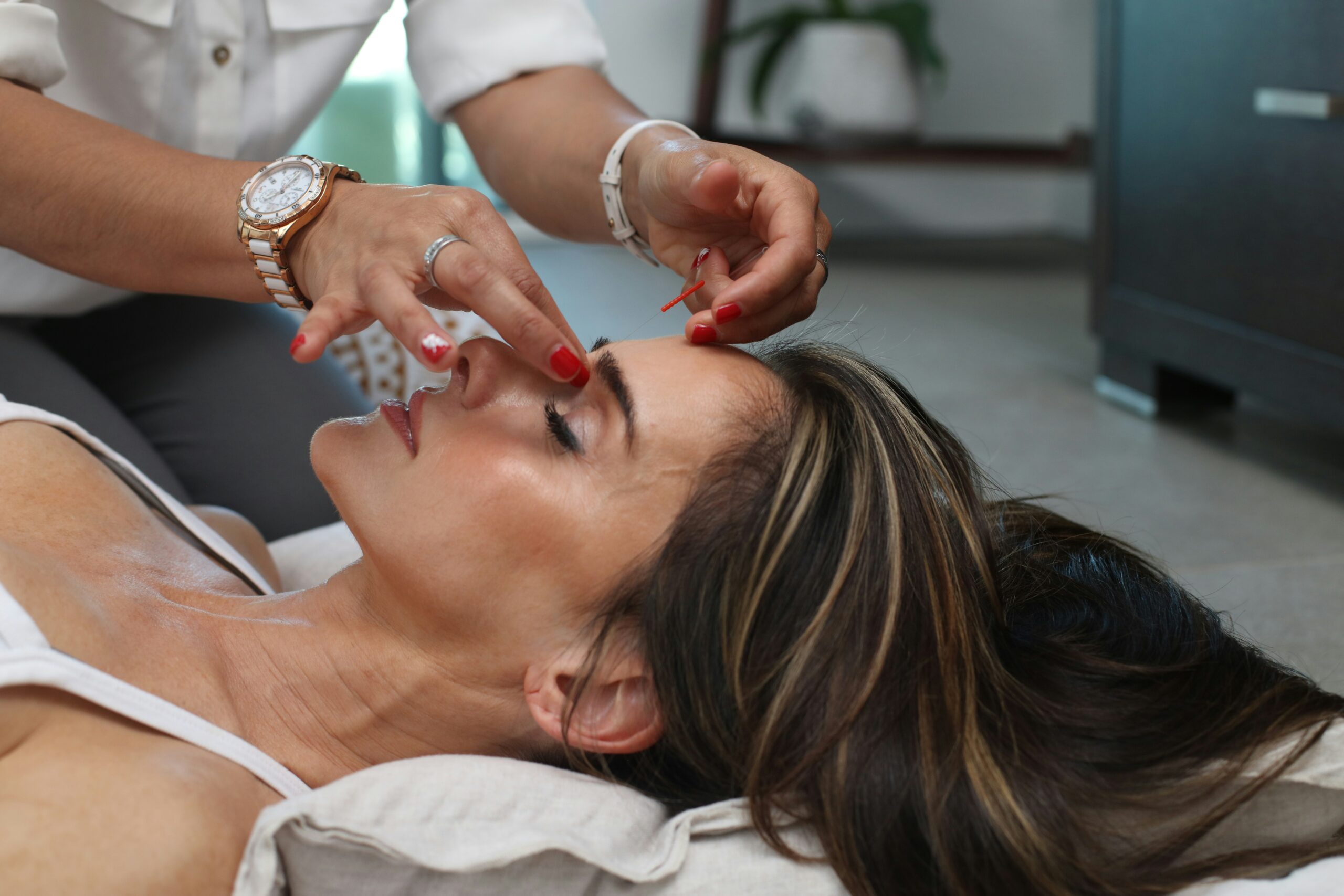
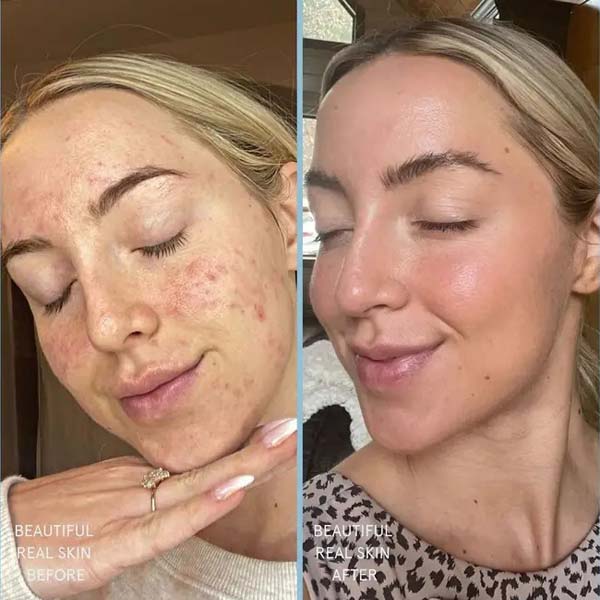
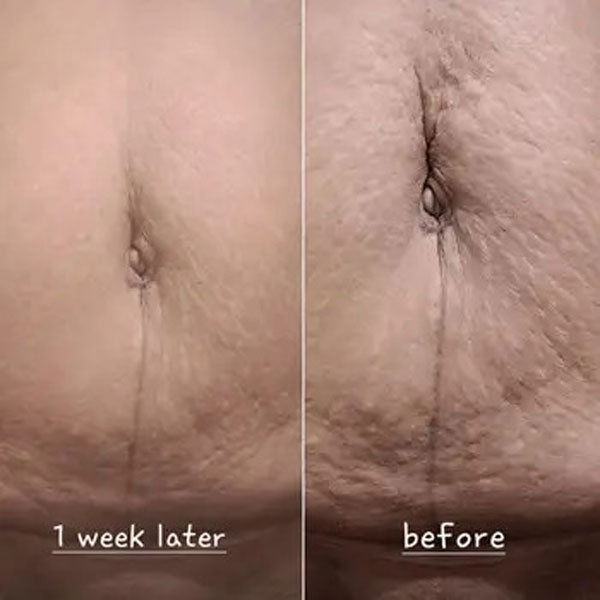


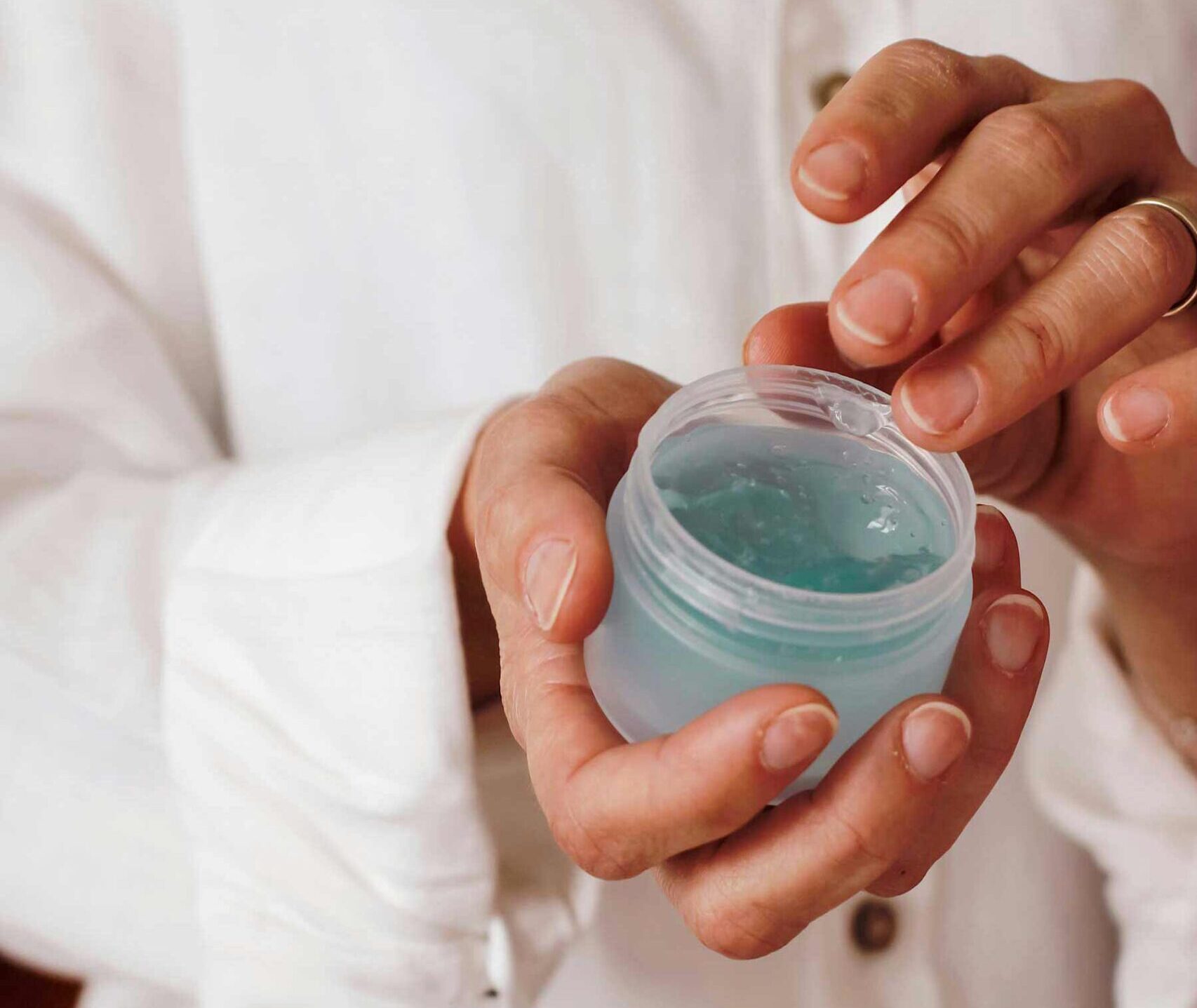

Leave a Reply